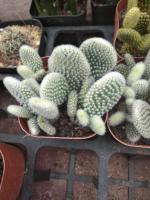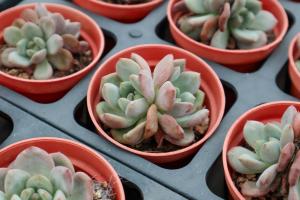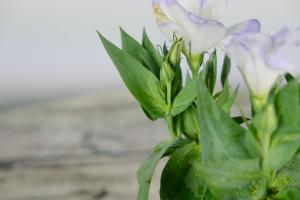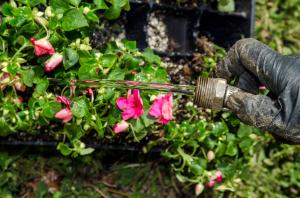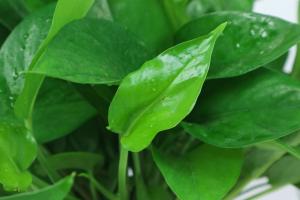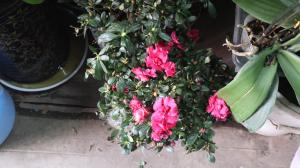Is Rain Better Than Tap Water for Plants?
Many gardeners believe that water from the rain is better for plants than tap water. But is this really true? The answer may depend on several factors.
Benefits of Rainwater
Rainwater has several benefits that make it beneficial for plants. Firstly, it is free from the chemicals found in tap water, such as chlorine and fluoride, which can harm plants. Rainwater is also slightly acidic, which helps to break down soil and release nutrients that plants need to thrive.
In addition, rainwater is rich in nitrogen. Nitrogen is an essential nutrient for plants and is required for their growth and development. When nitrogen-rich rainwater falls on plants, it enters their leaves and stems, providing an immediate nutrient boost.
Disadvantages of Tap Water
Tap water may contain chemicals and minerals that can harm plants. Chlorine and fluoride, which are commonly found in tap water, can build up in the soil over time and cause damage to plant roots. In addition, hard water can leave behind mineral deposits that clog up the soil and prevent water from reaching the plant's roots.
Tap water may also have an improper pH balance, which can affect a plant's ability to absorb nutrients. Some tap water has a high pH level, making the water too alkaline for plants to absorb necessary minerals. Others may have a low pH level, making the water too acidic for plants to grow properly.
When to Use Rainwater
Rainwater is especially beneficial for plants during dry spells or droughts. During these times, tap water may not be sufficient to keep plants healthy and hydrated. Rainwater, on the other hand, provides plants with a natural source of water, free from harsh chemicals and minerals.
If you live in an area where rain is scarce or unpredictable, you can collect rainwater and store it for later use. However, it is important to note that collected rainwater can contain pollutants and bacteria, so it should be filtered and treated before being used on plants.
Conclusion
While rainwater may have some benefits over tap water for plants, the answer to the question "Is rain better than tap water for plants?" is not a simple one. The quality of tap water varies depending on location and water source, and rainwater can also have disadvantages if not collected and treated properly.
Ultimately, the best choice for a plant's water source depends on various factors, including the plant type, weather conditions and the quality of tap water. It's important to monitor soil moisture levels and water plants as needed, whether it's with tap water or rainwater.

 how many times do yo...
how many times do yo... how many planted tre...
how many planted tre... how many pine trees ...
how many pine trees ... how many pecan trees...
how many pecan trees... how many plants comp...
how many plants comp... how many plants can ...
how many plants can ... how many plants and ...
how many plants and ... how many pepper plan...
how many pepper plan...